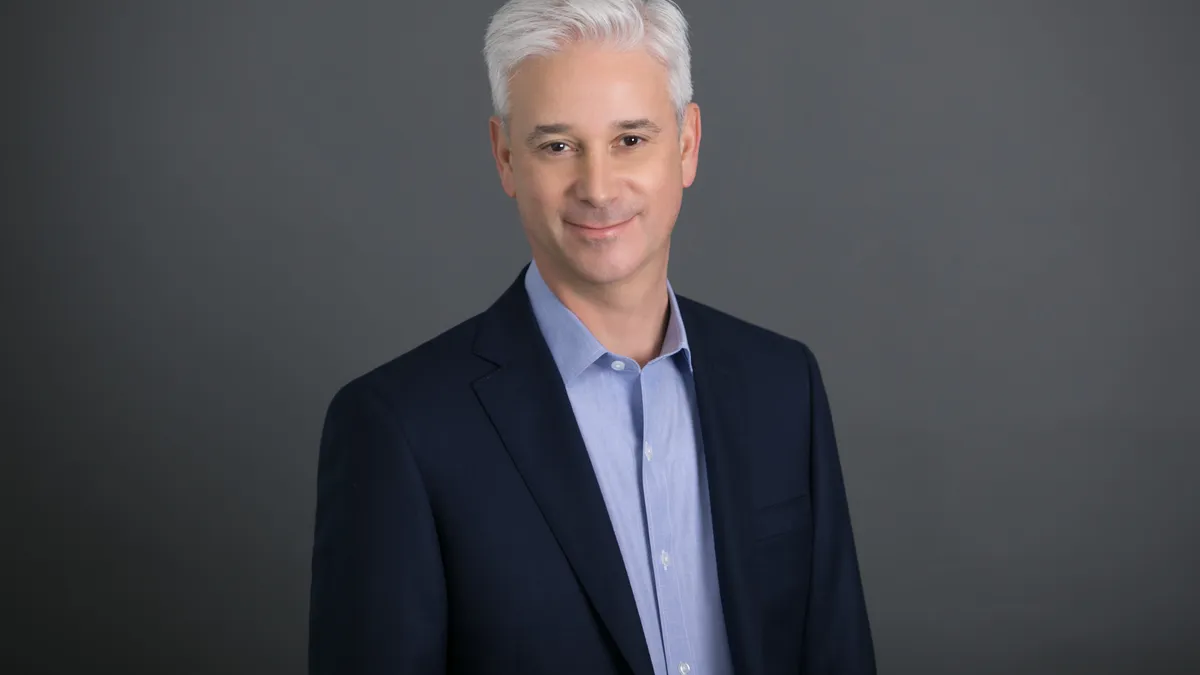UPDATE: July 5, 2020: Wells Fargo will only grant student loans for the upcoming academic year to people who submitted applications before July 1 or to customers who have an outstanding balance on a previous student loan from the bank, Bloomberg reported Thursday.
It’s the latest type of loan the bank has de-emphasized in an effort to minimize risk. More than 40 million student-loan accounts were in deferment as of mid-June, according to Equifax.
Wells Fargo said last month it would no longer accept auto loan applications from most independent car dealerships. The bank in late April retreated from part of the mortgage market, too, saying it would temporarily stop accepting new applications for home equity lines of credit.
“Wells Fargo has decided to narrow its student-lending focus,” Manuel Venegas, a spokesperson for the bank, said in a statement.
The bank held $10.6 billion in private student loans at the end of the first quarter.
Dive Brief:
- Wells Fargo will no longer accept auto loan applications from most independent car dealerships, bank spokeswoman Natalie Brown confirmed to CNBC. The San Francisco-based lender sent letters to hundreds of dealerships last month telling them it was dropping the relationship, sources told the network.
- The bank’s auto loan segment has grown steadily since 2018, when it was revamped after the Consumer Financial Protection Bureau fined the lender $1 billion for selling unnecessary car insurance. Auto loan origination at the bank climbed 19% in this year’s first quarter. At $48.6 billion as of March, vehicle loans are the bank’s second-biggest category of consumer loans after mortgages.
- Wells Fargo in late April retreated from part of the mortgage market, too, saying it would temporarily stop accepting new applications for home equity lines of credit.
Dive Insight:
Concern over credit quality — and not just a desire to stay under the bank’s Federal Reserve-mandated asset cap — is driving Wells Fargo’s shift in strategy, a person with knowledge of the situation told CNBC.
Independent car dealers, which typically sell used cars, account for less than 10% of the 11,000 businesses through which Wells Fargo sells auto loans. Franchise dealerships, on the other hand, focus on new vehicles from specific manufacturers.
The bank had “an obligation to review our business practices in light of the economic uncertainty presented by COVID-19 and have let the majority of our independent dealer customers know that we will suspend accepting applications from them,” Brown told CNBC in an email. “The independent dealers we will continue doing business with are those with deep, long-standing relationships with Wells Fargo.”
The Federal Reserve imposed a $1.95 trillion asset cap on Wells Fargo in 2018, in response to the bank’s fake-accounts scandal two years earlier. The asset cap is just one of a dozen consent orders under which the bank is operating.
The bank has asked the regulator to lift the cap to allow it to lend to more customers affected by the coronavirus pandemic. The Federal Reserve temporarily gave the bank some leeway for further supporting small-business lending. But the cap has cost Wells upward of $220 billion in market value since 2018, according to Bloomberg data.
“We’ve had to take substantial actions to get down below the cap,” Wells Fargo CEO Charlie Scharf said in a conference call last week. “We’ve obviously not been able to grow. We’ve been there to serve longstanding customers who have committed facilities with us. But there are a bunch of things that we haven’t been able to do because of the asset cap.”
Executives cited the cap — and not concern over loan defaults — when the bank pulled back on home equity lines of credit. CFO John Shrewsberry told analysts in April that scaling back on mortgages was “one of the levers that we’re using to manage living under the asset cap.”








